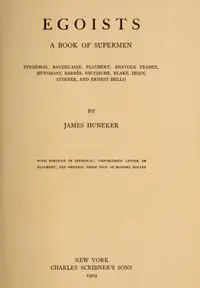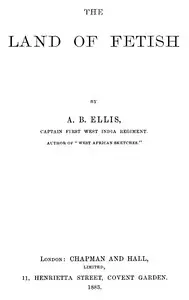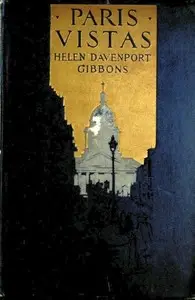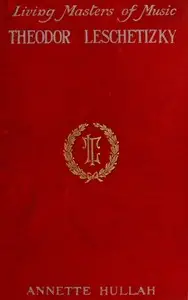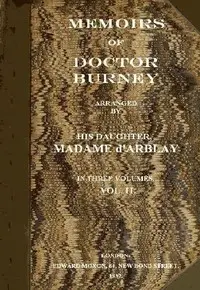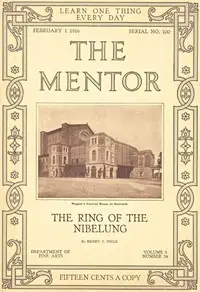"Overtones: A Book of Temperaments" by James Huneker is a collection of essays written in the early 20th century. The work explores the intersections of music, literature, and philosophy, providing insights into notable figures such as Richard Strauss, Verdi, Balzac, and Nietzsche. Huneker examines their respective arts, making connections between their temperaments and their creative outputs, emphasizing the emotional and psychological nuances of their works. The opening of the book introduces Richard Strauss, highlighting his complex relationship with music and its evolution. Huneker discusses Strauss's innovative style, particularly his use of orchestration and thematic disassociation, drawing parallels to the works of classical masters like Bach and Beethoven. The author portrays Strauss as a revolutionary figure who breaks with traditional forms to create what he terms "psychological realism in music." He emphasizes Strauss's influence on the symphonic form and articulates a vision for music that prioritizes emotional depth and intellectual engagement over mere aesthetic beauty. (This is an automatically generated summary.)
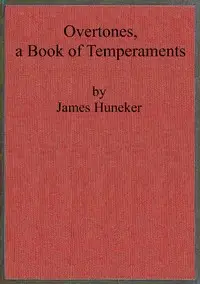
Overtones, a book of temperaments : $b Richard Strauss, Parsifal, Verdi, Balzac, Flaubert, Nietzsche, and Turgénieff
By James Huneker
"Several of the foregoing essays have appeared in Scribner's magazine, the Musical courier, Criterion, Harper's bazar, Metropolitan, New York Sun, and elsewhere. They have been greatly altered and amplified for republication."
Free Download
Overview
About the Author
James Gibbons Huneker was an American art, book, music, and theater critic. A colorful individual and an ambitious writer, he was "an American with a great mission," in the words of his friend, the critic Benjamin De Casseres, and that mission was to educate Americans about the best cultural achievements, native and European, of his time. From 1892 to 1899, he was the husband of the sculptor Clio Hinton.
Total Reviews
10.0k
Total reviews from Goodreads may change




